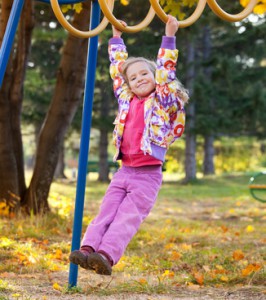Body image is a growing issue among young women, women like our daughters and our wives. However, a study from York University’s faculty of health showed a way to help improve body image. This study involved freshman college women (first year undergraduates) who were divided into two groups. One group continued to use social media as they always did. The other group took a “one-week vacation” from all social media apps including Instagram, Facebook, Twitter, TikTok, and others. The study began with surveys assessing the baseline of self-esteem and body image. The participants completed these surveys again after the on-week intervention.
The results? The young women who took a one-week vacation from social media use exhibited an increase in positive self-esteem and body satisfaction. The increase in positive self-esteem included all areas of self-esteem assessed, including performance, appearance, and social effectiveness. Additionally, those who exhibited the greatest improvement in self-esteem and body satisfaction were the most vulnerable, those most focused on a “thin ideal.”
Why does taking “a week off” social media contribute to an increase in positive self-esteem and body satisfaction? Good question. First, a week off social media means spending less time making comparisons to others. It limits the fear-of-missing-out that grows out of those comparisons. It also means less time viewing filtered images of other people’s bodies. Secondly, less time on social media may mean spending more time socializing face-to-face, sleeping, getting outdoors, getting exercise, or some other healthier activity. In other words, the time spent on social media may get replaced with healthier activities.
What does all this mean for you and your family? That’s the important question for me. If you, or someone in your family, struggle with body image and self-esteem, you might try taking a week off of social media. Maybe you can even take a week off of social media as a family. You might replace the time spent on social media sits with family time playing games, getting outdoors, interacting with actual eye contact. All these activities will contribute to greater family joy and intimacy. I’m checking my summer now so I can include a one-week social media vacation for my family. When will you schedule your family social media vacation?










